Neurosurgeon Warns: High Blood Pressure is the “Silent Killer” You Shouldn’t Ignore
A neurosurgeon with over 26 years of experience has warned that high blood pressure (hypertension) is one of the most dangerous yet overlooked health conditions today. Often called the silent killer, it damages blood vessels over time, reducing oxygen flow to critical organs — including the brain. He emphasizes that untreated hypertension increases the risk of strokes, heart attacks, memory loss, and cognitive decline, urging people to monitor their blood pressure regularly and adopt a healthier lifestyle.

26-Year Neurosurgery Veteran Explains How High Blood Pressure Slowly Damages Your Brain and Body
A seasoned neurosurgeon with 26 years of medical experience has issued a strong warning about the dangers of high blood pressure, calling it one of the deadliest yet least noticeable threats to human health. Described as a silent killer, hypertension often shows no symptoms until significant and sometimes irreversible damage has already occurred in the body.
According to the expert, high blood pressure restricts blood flow to vital organs, including the brain, heart, and kidneys. Over time, this lack of adequate circulation weakens arteries, causes tissue damage, and increases the risk of severe complications such as stroke, heart failure, and cognitive decline.
“When your blood pressure remains consistently high, your brain gets less blood flow. That means fewer nutrients and less oxygen reaching your neurons,” the neurosurgeon explained. “The result is gradual brain damage, poor concentration, and eventually, memory problems.”
He further elaborated that the brain is one of the most sensitive organs affected by hypertension. Chronic high blood pressure can damage small arteries inside the brain, leading to vascular dementia, microbleeds, or even major strokes. Studies have also shown that people with uncontrolled blood pressure are more likely to experience early-onset Alzheimer’s and other forms of neurodegenerative diseases.
But the risks don’t stop there. The neurosurgeon highlighted that prolonged hypertension also strains the heart, forcing it to pump harder against elevated pressure levels. This leads to thickening of the heart walls, narrowing of arteries, and eventually, heart attacks or cardiac arrest. The kidneys, too, suffer under the burden, as reduced blood flow affects their ability to filter waste effectively, potentially leading to kidney failure.
He emphasized that while the condition is dangerous, it is entirely preventable and manageable with proper awareness and consistent habits. Regular monitoring of blood pressure, maintaining a balanced diet low in sodium, engaging in daily exercise, and managing stress are key to long-term control.
“You don’t need to wait for symptoms — because by the time you feel something, the damage is often already done,” he warned. “Your body gives silent signals. Listen to them through regular check-ups.”
The neurosurgeon urged people to take a proactive approach: measure blood pressure at least once every few months, avoid excessive caffeine and alcohol, and focus on nutrient-rich foods like leafy greens, whole grains, and fruits.
This timely message serves as a powerful reminder: hypertension doesn’t make noise — but its consequences echo loudly. Recognizing and managing high blood pressure early can save lives, preserve brain health, and ensure a longer, healthier future.















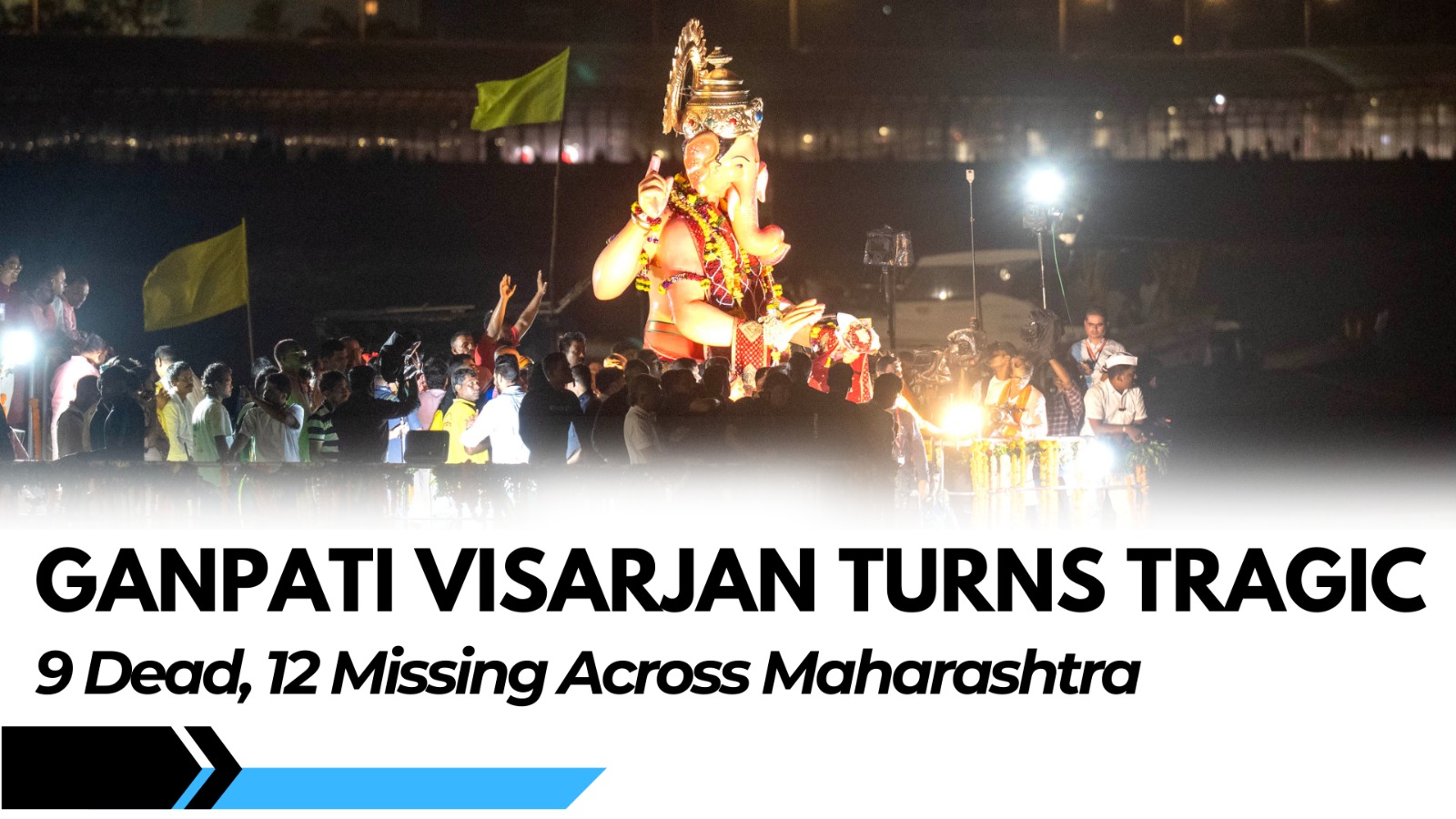
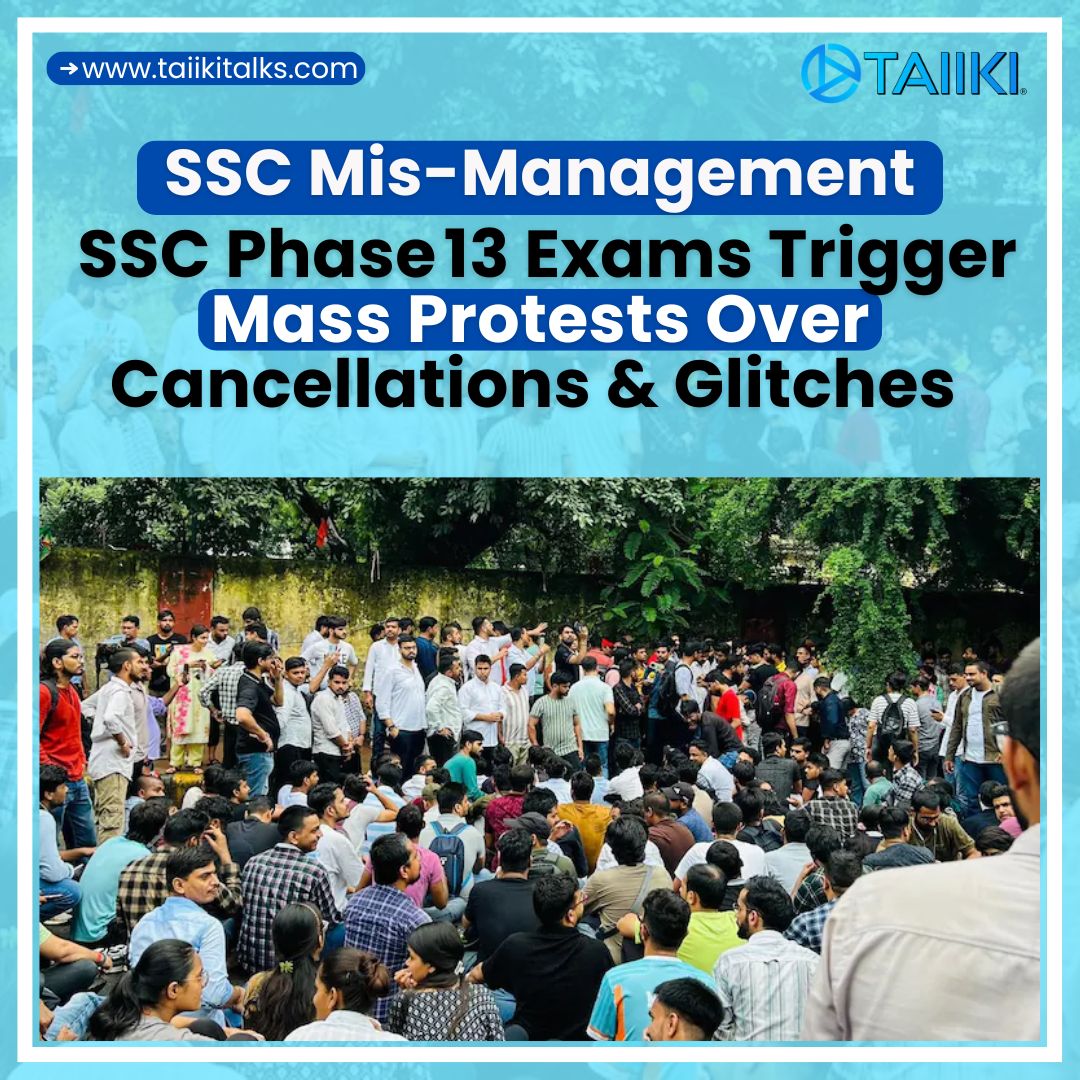
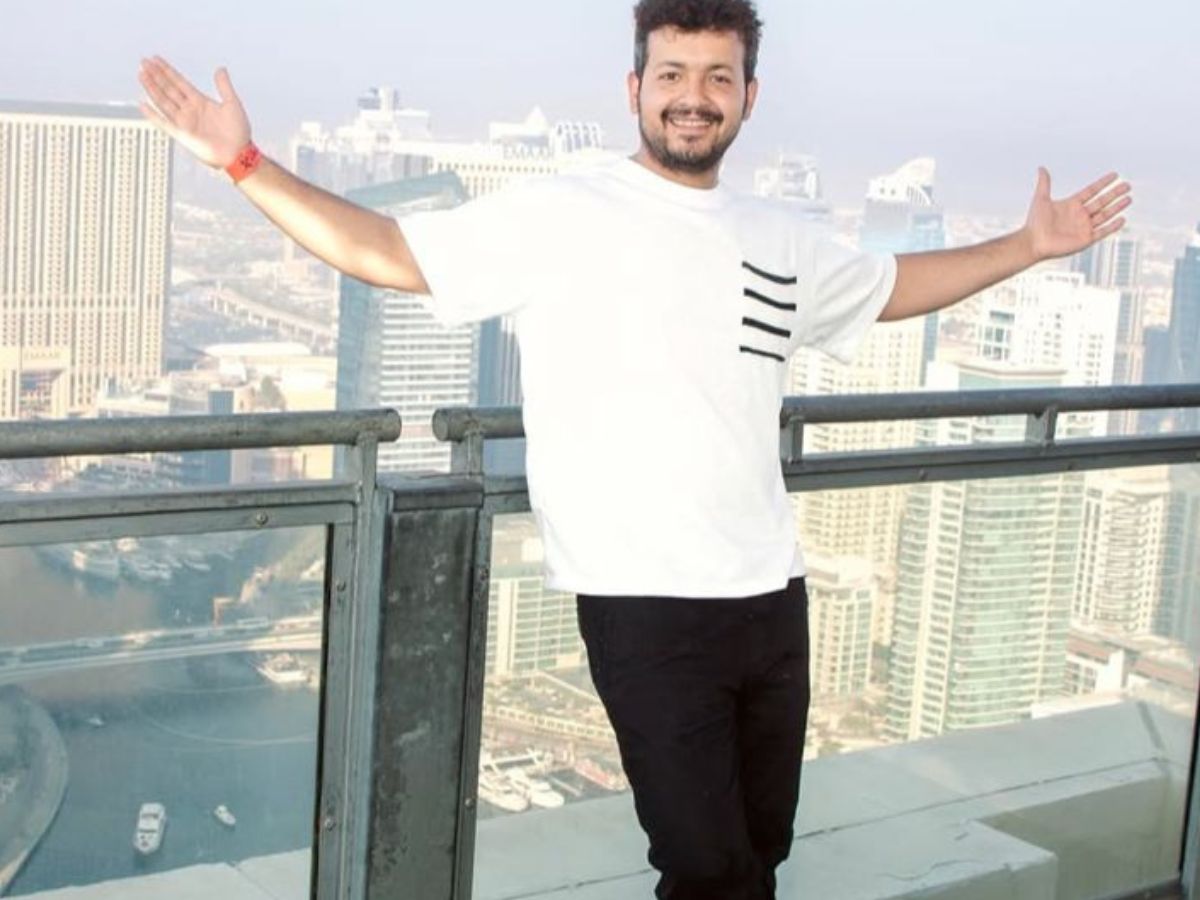



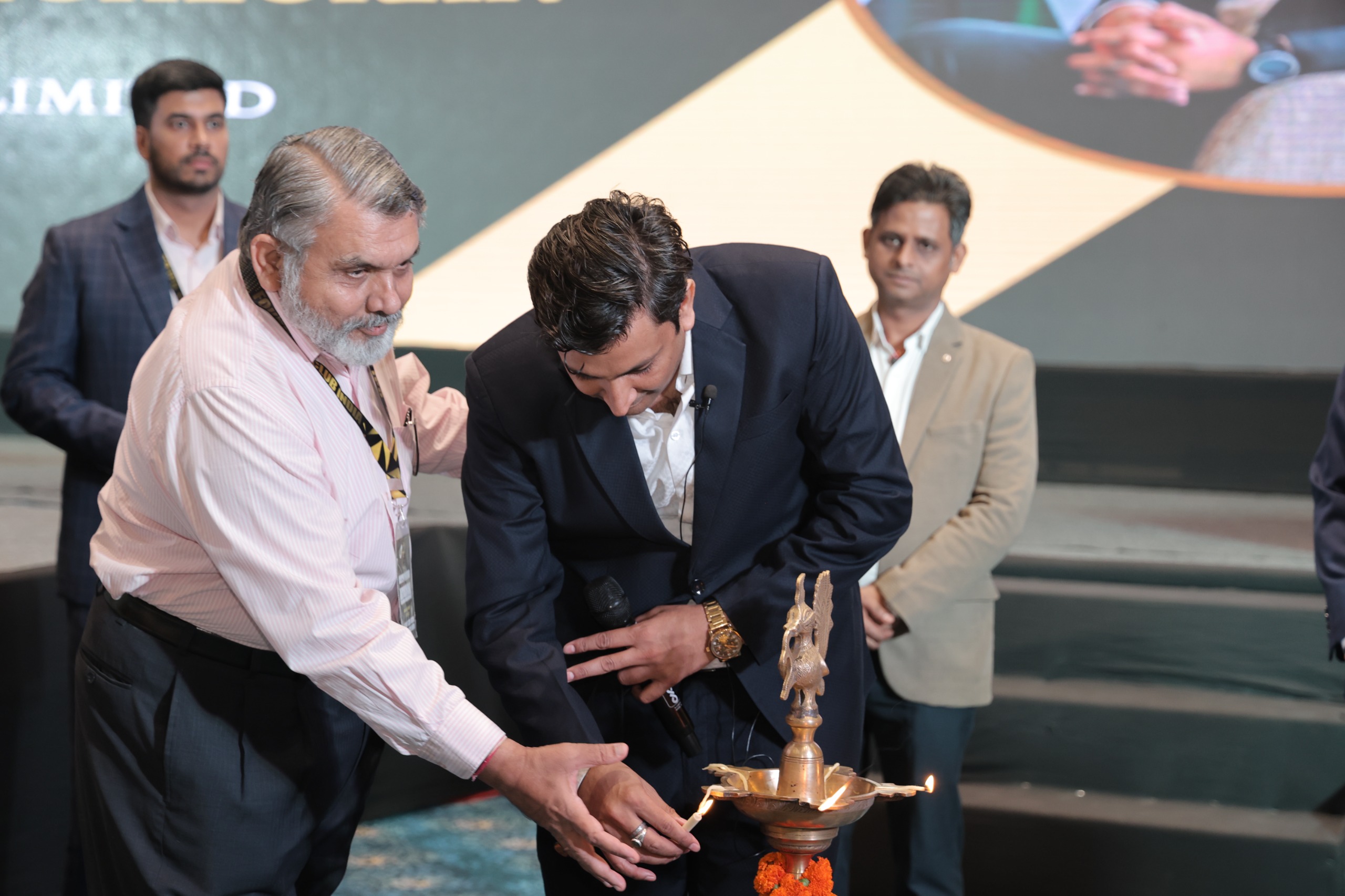

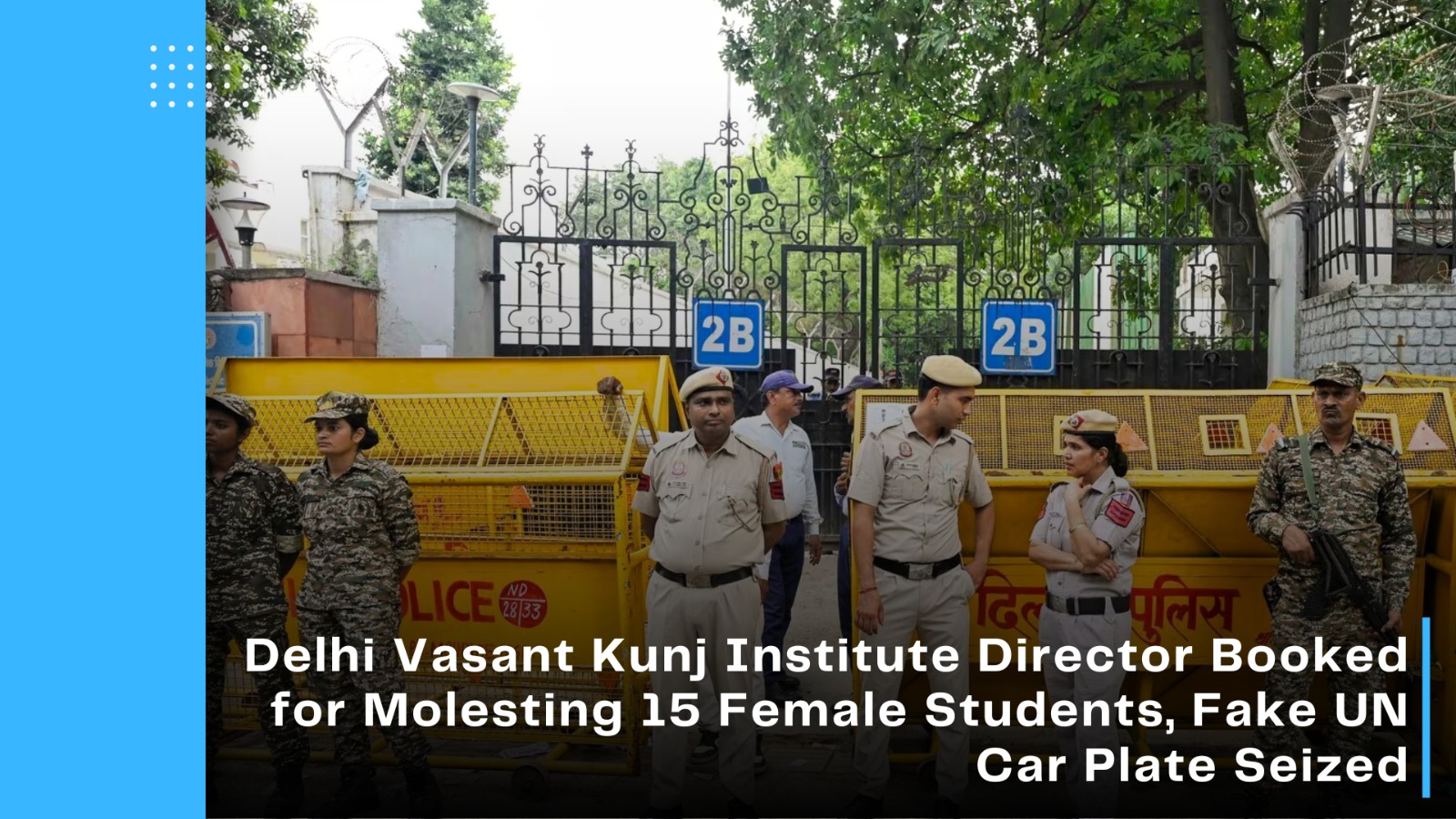
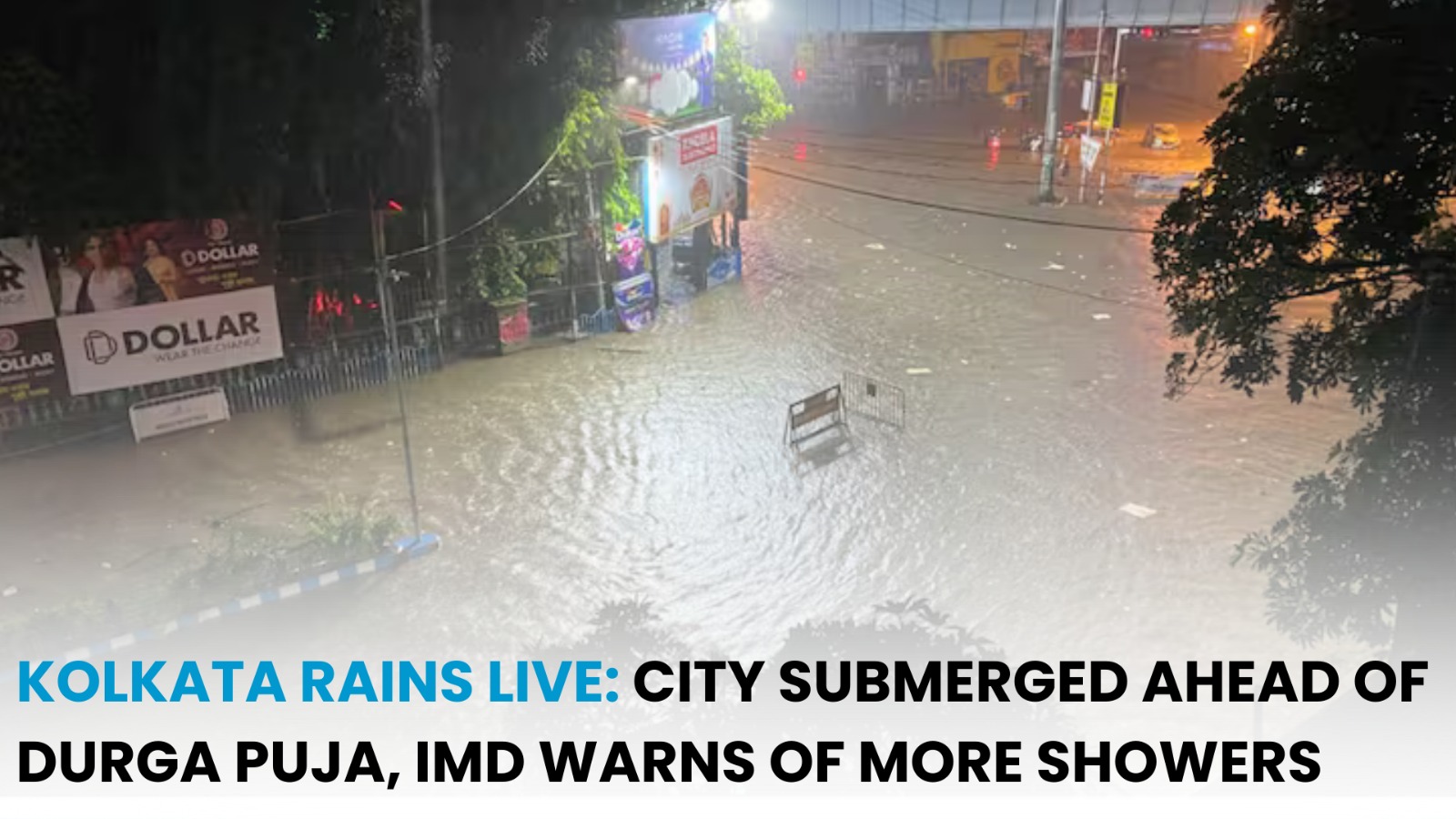





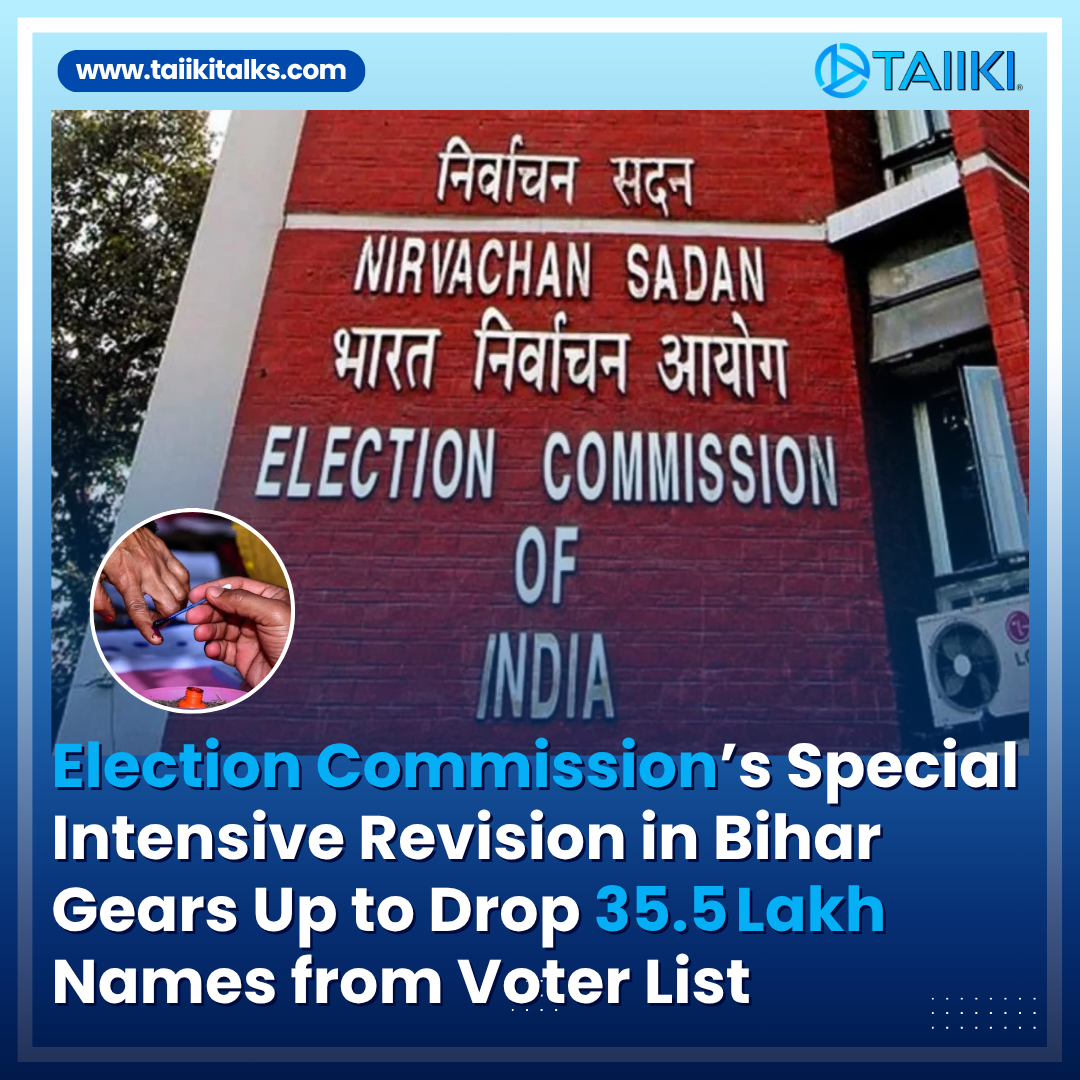





Comments (0)